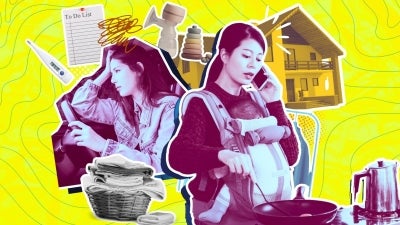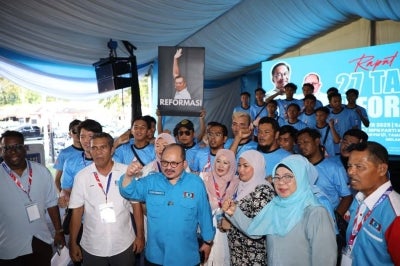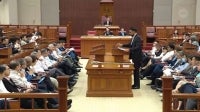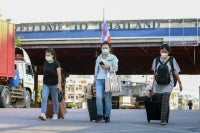Sick Building Syndrome could be the reason for your headaches at work
SITI NURFATIHAH PIRDAUS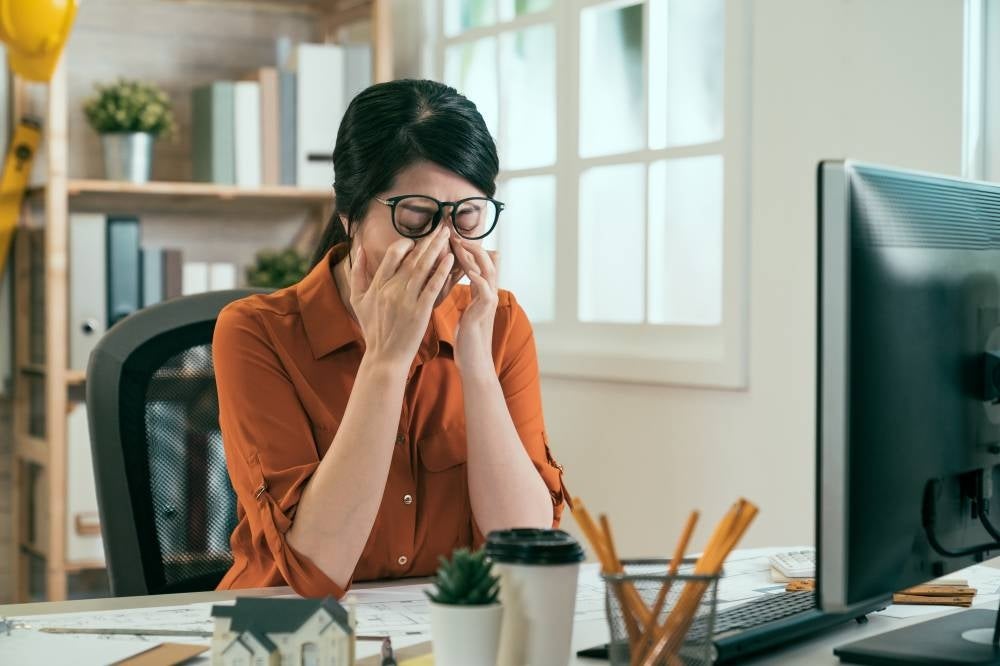
SHAH ALAM - Expert says eight out of 10 building she inspects has the potential to have Sick Building Syndrome (SBS).
Melchers Malaysia indoor air quality assessor Nur Shahidah Nazri said Malaysians needs to be more aware of the condition as it not only has high health risks but also affect one’s work productivity and performance.
“Malaysians need to be more aware of SBS since eight out of 10 buildings I have inspected in my line of work consist the potential of this syndrome.
“Most of these cases show more than 20 per cent of the building’s occupants suffer from its symptoms such as headache, drowsiness and rashes.
Shahidah, who is certified by Occupational Safety and Health Department, said people typically mislabel symptoms as just “being lazy”, “sleepy” and “less productive” due to a sense of uncomfortableness when inside the building.
However, she said this was actually effects from SBS.
“These symptoms temporarily occur when a person is inside the building, at your workplace or school but resolves the moment you step out,” she said.
Shahidah said most of the employers or building owners she encountered were not aware that SBS was real and that action could be taken against them.
She said those caught red handed would need to pay a penalty of RM15,000 to RM50,000 for failing to provide a safe and healthy workplace for their employees.
“Section 17, 18 and 19 from Occupational Safety Health Act states that is is the responsibility of building owners or employees to provide comfort and a conducive workplace for their workers thus they should conduct indoor air quality assessment to ensure that the building is safe to be occupied,” she said.
Shahidah also highlighted that poor air ventilation was one of the main causes for SBS, which in return contributes to higher risk of Covid-19 infections.
“We know the Covid-19 occurs through airborne particles and droplets thus when you have poor ventilation, it increases the chances of the virus spreading,” she said.
Both local and international studies in 2020 found that ventilation was the key in both Covid-19 and SBS risk reduction, stating that anything that improves indoor air quality would most likely stop both the virus and syndrome.
When asked if there were ways people could check if the building had SBS, Shahidah said a carbon dioxide sensor could be used to measure the ventilation condition.
She added that not many organisations or schools in Malaysia used this sensor except for hospitals.
This, she said, could be done without an expert, stating that this was an easy SBS prevention method for building owners and employers.
Meanwhile, building surveying expert Md Nadzari Mohd Jalil said SBS was discovered in the early 1980s in several Western countries which led to the classification level of Indoor Air Quality (IAQ) in buildings.
The Universiti Teknologi Mara Shah Alam lecturer said SBS, however, does not affect everyone as it depends on the person’s immune system and metabolism rate thus why some people working in the same building were affected while others experience no symptoms at all.
He denied the claims that only people working in old buildings had a higher possibility of being affected by the illness.
“New buildings or facilities, if not managed and maintained according to Planned Preventive Maintenance (PPM) will give a higher risk than old buildings that are well maintained.
“Authorities should encourage organisations to upgrade the ventilation system of the buildings their employees are working in regularly.
“This is crucial to avoid SBS since poor IAQ in buildings is the main factor that contribute to this illness,” he said, adding that incentives in the form of tax reduction and company benefits should be given to employees affected by SBS.
SBS refers to a situation where the condition and internal environment of the building can cause a “sickness effect” to the occupants in the building, and should not be confused with building-related diseases which has a specifies identifiable cause of the symptoms.
Download Sinar Daily application.Click Here!


